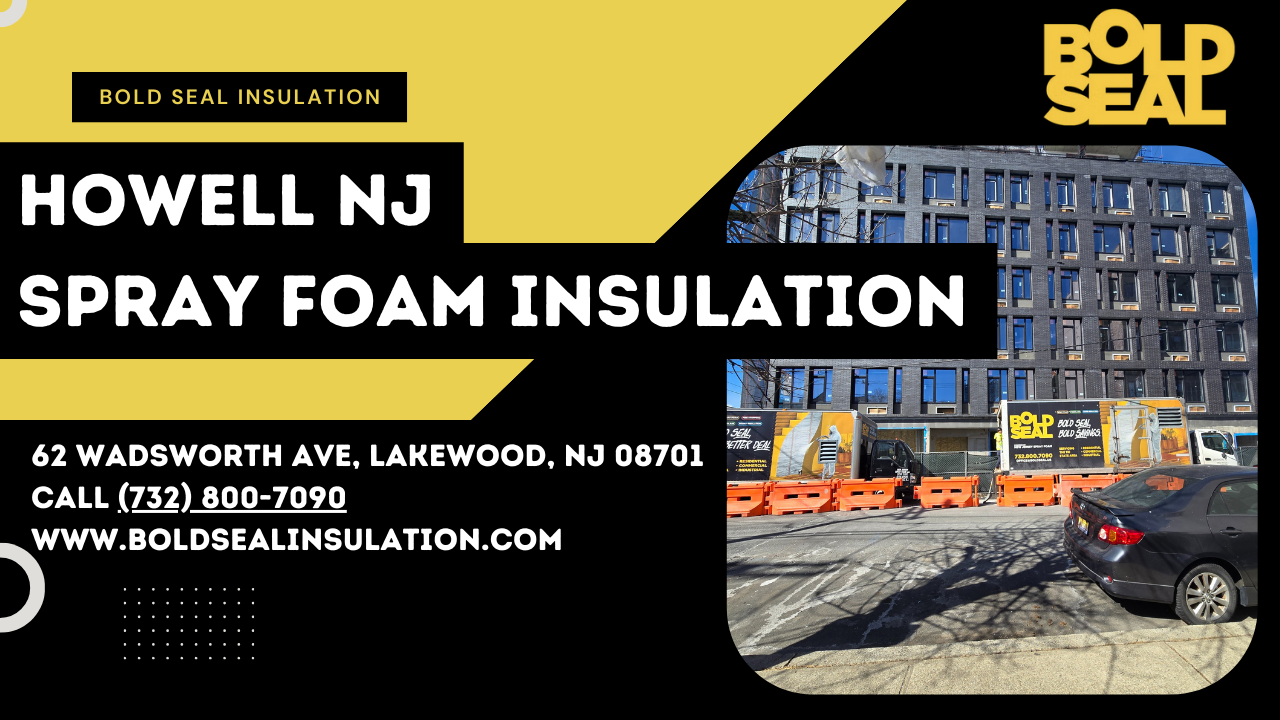Investing in home insulation is a smart move for energy efficiency and comfort. But the upfront costs can feel daunting. Fortunately, numerous financing options are available to make spray foam insulation and other energy-saving upgrades more accessible. Let's explore how you can finance your home's insulation project and unlock significant long-term savings.
What Financing Options Exist for Home Insulation?
Securing financing for home insulation is simpler than you might think. Several avenues exist, each offering unique benefits. Personal loans specifically designed for home improvements often provide competitive interest rates tailored to home renovation projects, making them an excellent choice for funding spray foam insulation installation. Alternatively, government-backed programs, including energy efficiency financing and green loans, frequently offer lower interest rates and potentially more favorable terms, making them especially attractive for environmentally conscious homeowners seeking insulation financing options. These programs often target sustainable home upgrades, including the installation of high-performance insulation like spray foam. Exploring these options allows you to find the best fit for your budget and project.
Understanding Energy Efficiency Programs: Incentives and Rebates
Numerous energy efficiency programs offer financial assistance for home insulation. These programs, often sponsored by federal, state, or local utility companies, provide incentives to homeowners investing in energy-saving upgrades. These can include energy conservation loans with reduced interest rates, direct rebates for insulation installation, or tax credits for energy-efficient improvements, significantly lowering the overall cost of your insulation project. Many local utility companies also offer their own home energy solutions programs, including rebates and financing options specifically for insulation upgrades. Check with your local utility provider and state energy office to discover what programs are available in your area.
Are Insulation Grants a Possibility?
Grants offer another path to affordable home insulation. Government agencies and non-profit organizations focused on energy efficiency often provide grants to eligible homeowners. These grants can cover a portion or even all of the insulation installation costs. Eligibility criteria vary depending on income levels, home location, and the type of insulation used. Finding these opportunities requires research, looking into government insulation grants at the federal, state, and local levels, as well as checking with non-profit organizations promoting energy conservation and sustainable home improvements. The application processes also vary, so carefully review the requirements of each program.
The Advantages of Financing Your Insulation Project
Financing home insulation https://howell-township-nj-08757-v-g-2-0-0.image-perth.org/what-s-the-best-insulation-for-your-existing-home-in-2025 offers numerous benefits beyond simply making the project affordable. Reduced upfront costs allow homeowners to immediately improve their home's comfort and energy efficiency without the strain of a large initial investment. Improved cash flow enables you to spread the cost over time, preserving your financial flexibility. Moreover, energy saving improvements resulting from proper insulation significantly reduce long-term energy bills, often recouping the financing costs over time. Finally, enhancing your home's energy efficiency often increases its market value, representing a worthwhile investment for the future. Investing in energy upgrades using financing can lead to significant long-term cost savings and a more comfortable living environment.
Finding Affordable Insulation: Strategies and Resources
Several strategies can help you find affordable insulation options, making your energy upgrades financing more manageable. Comparing quotes from different insulation contractors is crucial to secure the best price and find companies offering flexible payment plans or working with financing providers. Local programs providing assistance, including government insulation grants or utility company rebates, significantly impact the overall cost. Exploring low income insulation assistance programs, if applicable, can provide additional financial support. Remember to investigate all available options before committing to a project, ensuring you're getting the most value for your money.
Key Considerations Before Securing Insulation Financing
Before taking the plunge, carefully evaluate several key factors. Assess the total cost of insulation installation against the projected energy savings to ensure a positive return on investment (ROI). Scrutinize the quality of insulation materials used, opting for high-performance products that deliver long-term value. Thoroughly examine the terms and duration of any financing option, understanding the interest rates, repayment schedules, and any associated fees. Consider comparing various financing options, including home improvement loans, energy efficient mortgages, and green loans, to find the best fit for your circumstances. An informed decision will ensure your insulation project enhances your home's value and provides long-term energy savings.
Frequently Asked Questions
Q: What is the average cost of home insulation?
A: The cost varies greatly depending on the size of your home, the type of insulation used, and labor costs. It's best to obtain multiple quotes from local contractors to get an accurate estimate for your specific project.
Q: How do I apply for energy efficiency loans?
A: You can apply through banks, credit unions, and online lenders specializing in green financing. Some may offer pre-approval to help you determine how much you can borrow before selecting a contractor.
Q: Are there tax credits for home insulation upgrades?
A: Yes, check the IRS website for the most up-to-date information on available federal tax credits for energy-efficient home improvements. State and local tax incentives may also be available.
Q: Can I finance insulation as part of a larger home renovation loan?
A: Many home renovation loans allow for the inclusion of insulation upgrades as part of a larger project. Discuss this with your lender to determine if this is a feasible option.

In conclusion, financing your home insulation project doesn't have to be a barrier. With various financing options available, including personal loans, government programs, and grants, you can upgrade your home's energy efficiency and comfort without breaking the bank. By carefully comparing options and understanding the key considerations discussed above, you can make an informed decision and start enjoying the benefits of a well-insulated home. Start your research today and take the first step towards a more comfortable and energy-efficient future!